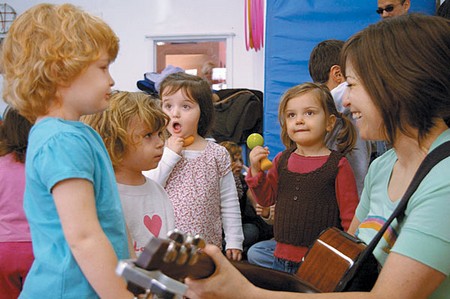Most children are out and out charmers, but a few are socially clumsy. They play poorly, mix with difficulty and don’t see how their behavior irritates others. If you feel that your child may be socially out of tune there are some things you can do to help:
- Reinforce when they play well and interact appropriately.
- Give a brief reminder when their actions are upsetting others.
- Don’t become negative or constantly criticize.
- Discreetly ask them how it would feel if they were in the other person’s place.
- Social skills training programs are sometimes suggested but these are often more successful in the therapy room than the outside world.
- The development of social skills comes gradually with age and maturity.

Soiling or encopiresis
Almost two out of every 100 children at the age of seven years will still poo in their pants. Over half of these have never been bowel trained, while the others have slipped from the straight and narrow. There are more boy soilers than girls. The literature suggests that most of these are chronically constipated, but this is not my experience.
Soiling rarely occurs during the night, is unusual in the morning session of school and is most common between 2pm and bedtime. Analytically minded psychiatrists interpret this timing as a symbolic landing of manure on your mum.
But I believe these children are created with a soil-prone gut, which is tipped over the edge by some known or unknown trigger. This may result from the pain of constipation, the birth of a sibling, admission to hospital or stress in the family. But most commonly there is no obvious triggering event.
Some parents believe the child has control and the problem is deliberate. But this is not true: the children I see would like nothing better than stop soiling. I see parallels with adults who smoke, the majority would lore to quit, if only they had the strength. The adult only changes when the night they attend an inspirational session with the Dalai Lama. They leave the hall uplifted and never smoke again.
Often it takes an outside force like this to change entrenched human behavior. When soiling has gone on for years parents are defeated, and children can’t do it alone. Often the change comes with the enthusiasm and inspiration of a talented psychologist or paediatrician (the outside force).
The first step in treatment is to exclude constipation. This is not always straightforward as some children are badly blocked yet present with the confusing symptom of diarrhoea. This happens when a large ball of constipation grossly distends the gut and allows looseness to seep around the edges. This block can be excluded if the child is able to regularly pass sausage-shaped motions. When in doubt we trial a laxative such as liquid paraffin in its more palatable form of Parachoc.
Behavioral change comes with an encouraging attitude and a simple star chart. We initially put all the focus on sitting three times a day: before school, following school and following dinner. After this we direct the attention from sitting to encourage one moment of success. Then we concentrate on regular usage and clean days. About one-third respond to this rapidly, one-third take six months or more and the remainder are extremely hard to shift.